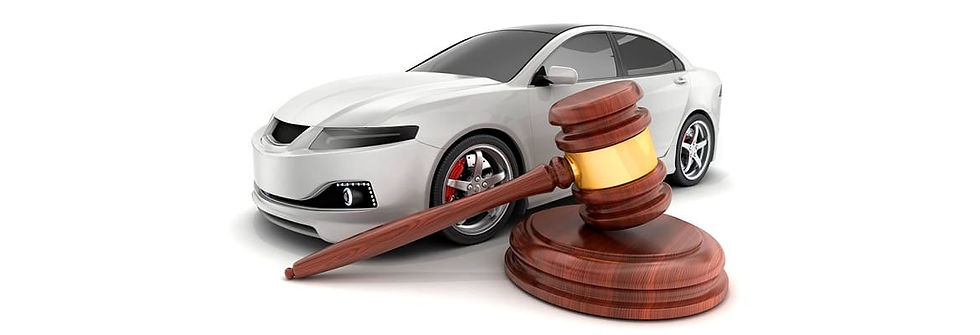- usedcarinspection
- Apr 19
- 2 min read

Buying a used car can be a smart financial move, but it can also turn into an expensive regret if you don’t do it right. For many, the excitement of getting a new-to-you vehicle can cloud judgment and lead to poor decisions that cost thousands down the line. Whether you're buying from a dealership or a private seller, taking the time to understand common pitfalls is key to making a wise purchase. This is where solid car buyer advice becomes invaluable.
One of the most costly mistakes people make is skipping the vehicle history report. It might seem like an extra step, but this report can uncover critical issues such as past accidents, flood damage, title discrepancies, or odometer rollbacks. Without this insight, you're essentially buying blind — and that’s not a gamble you want to take when you’re investing in something as important as your transportation. Any good piece of car buyer advice will tell you: always check the history.
Another major error is neglecting to have the car inspected by a trusted mechanic. Sellers might make the car look great on the outside, but only a professional can spot potential mechanical issues that aren’t immediately visible. Spending a hundred bucks on a pre-purchase inspection could save you thousands in repairs later. Don’t fall for the "it runs fine" reassurance; this is one of the most repeated and dangerous lines in used car sales. Always follow expert car buyer advice and get that inspection.
Financing is another area where people trip up. Many buyers focus solely on the monthly payment, ignoring the bigger financial picture. Dealers often exploit this by stretching loan terms to lower your monthly bill while increasing the total interest paid. The result? You could end up paying way more than the car is worth. Smart car buyer advice emphasizes comparing financing offers from multiple lenders and understanding the full cost, not just what you’ll owe each month.
A less obvious — but incredibly expensive — mistake is failing to research the specific make and model you're considering. Not all cars are created equal when it comes to reliability, maintenance costs, or resale value. Some vehicles are notorious for transmission issues, others for electrical glitches. A little research can go a long way in helping you avoid a lemon. This is one area where online reviews and forums are goldmines of car buyer advice from real owners who’ve lived with those cars day in and day out.
Lastly, rushing the process is a fast track to regret. If you feel pressured by a seller or are just tired of searching, it’s easy to settle. But remember, a car is one of the biggest purchases you’ll make. Take your time, follow proven car buyer advice, and don’t let impatience cost you in the long run.
Buying a used car doesn’t have to be risky — as long as you stay informed and vigilant. By learning from others' mistakes and applying solid car buyer advice at every stage of the process, you can avoid financial pitfalls and drive away with confidence.

